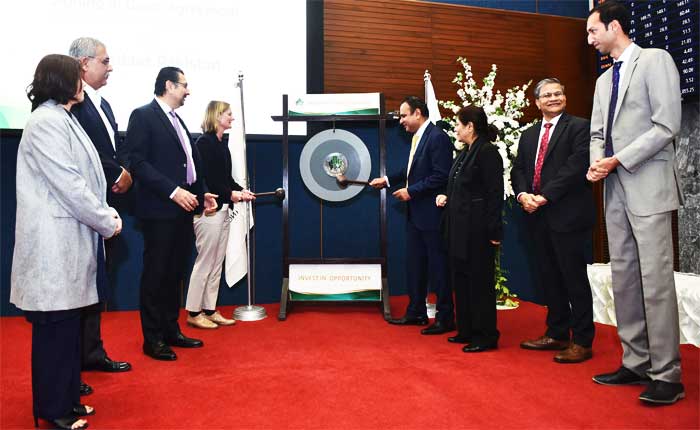According to SBP Governor, dollar reserves are insufficient to deal with import pressure.
Monitoring Desk
KARACHI: State Bank of Pakistan (SBP) Governor Jameel Ahmad said on Wednesday the current dollar reserves held by the country are insufficient to bear import pressure faced by the economy.
Speaking at the Federation of Industries and Commerce (FPCCI), Ahmad said the current issues plaguing the economy did not emerge over the past few days, and “we have to see how the economy can be improved”.
The SBP governor further added that the requirement to seek permission from SBP for imports was placed earlier, due to which imports decreased and outflows increased, increasing the deficit.
Ahmad explained that the central bank has cleared 33,000 import clearance cases, which was not the central bank’s job. He added that applications pertaining to foodstuffs, medicines, oil and gas and agriculture have been kept on a priority basis besides textile and other export sector cases have also been resolved.
“6,500 import cases are being cleared every month. In December, these clearance cases exceeded 11,000,” he added.
Ahmed also stated that the SBP has issued instructions to commercial banks to open letters of credit (LC) mindfully.
It was reported earlier this week that thousands of containers packed with essential food items, raw materials and medical equipment have been held up at Karachi port as the country grapples with a desperate foreign exchange crisis.
A shortage of crucial dollars has left banks refusing to issue new LC for importers, hitting an economy already squeezed by soaring inflation and lacklustre growth.
State bank forex reserves dwindled to less than $6 billion – the lowest in nearly nine years – with obligations of more than $8 billion due in the first quarter alone.
The reserves are enough to pay for around a month of imports, according to analysts.
The economy has crumbled alongside a simmering political crisis, with the rupee plummeting and inflation at decades-high levels, while devastating floods and a major shortage of energy have piled on further pressure.


